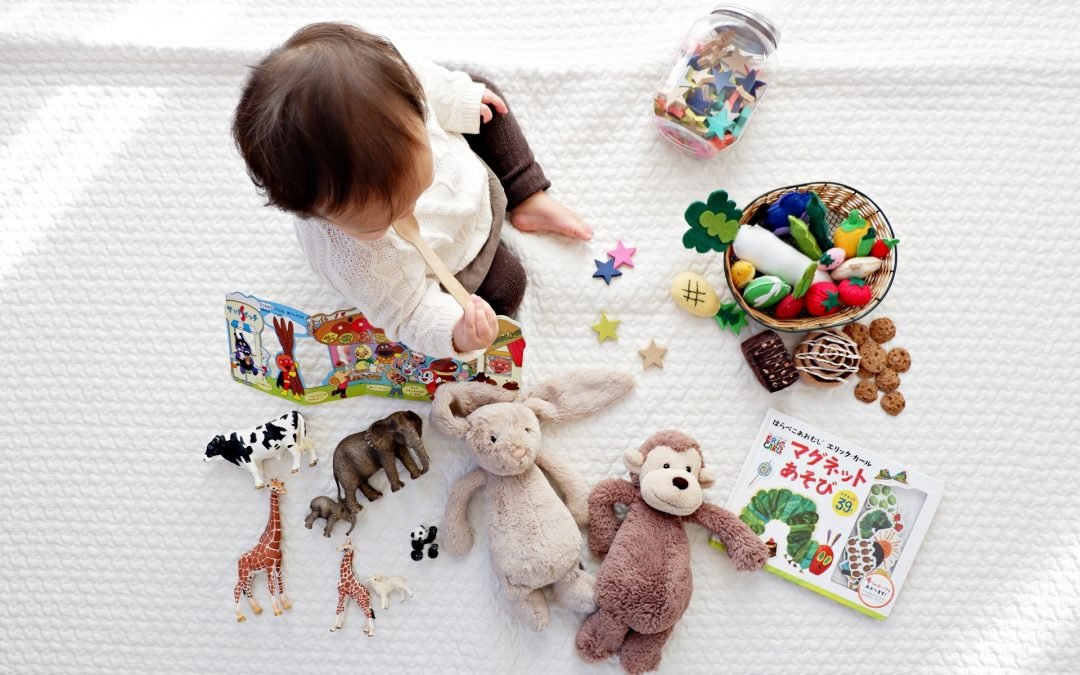Playing is serious business. It’s how your little one gears up for all those milestones you’re waiting to chronicle in your baby book: rolling over, sitting up, and more. It gives him the tools he needs to make cognitive leaps too. “When a baby explores the world around him, he learns how things work, which is the foundation for the development of language as well as the understanding of math and science,” says speech-language pathologist Rebecca Landa, Ph.D., director of the Center for Autism and Related Disorders at Kennedy Krieger Institute, in Baltimore. “He discovers how high he can stack blocks before they topple, how much pressure he has to put on something to make it move, and how that pressure relates to the size and weight of an object.” When babies don’t hit their milestones on time, physical or occupational therapists use early-intervention exercises to help them catch up. These little games can also help a child who’s developing normally. “Babies who get these kinds of enrichment activities with caregivers tend to have more advanced motor, communication, and social skills,” says Dr. Landa. This is how to help your baby make the most of his precious playtime.
Let him grab. While your infant is on his back, dangle toys of different shapes in front of him to see if he can grasp them and bring them to his mouth. At first, he’ll probably just swat them. Move a toy higher, lower, and to the side. “Offer your baby a variety of kinds of objects so he learns how to approach them with his hand in the right position,” says Dr. Landa. “Lying there, looking at a rattle, assessing the shape and figuring out how to put his fingers around it, grasp it, and bring it to his mouth may sound like a mundane thing, but it’s a great accomplishment for a baby.” Eventually he’ll use these same skills to take books off a shelf.
Temp Example




